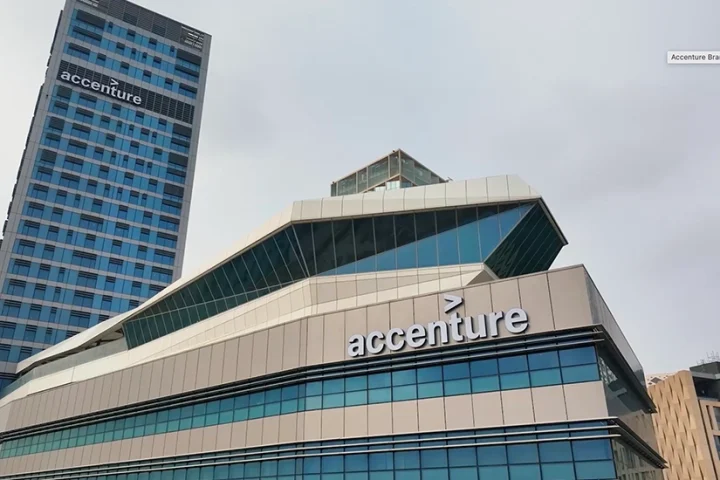Artificial intelligence (AI) and machine learning (ML) are opening up new ways for enterprises to solve complex problems. But they will also have a profound effect on the underlying infrastructure and processes of IT. According to Gartner, “only 4% of CIOs worldwide report that they have AI projects in production.” That number will grow dramatically over the next few years. And when it does, IT will struggle to manage new workloads, new traffic patterns, and new relationships within their business. To help enterprises address these emerging challenges, Cisco is unveiling its first server built from the ground up for AI and ML workloads.
The new Cisco UCS server speeds up deep learning, a compute-intensive form of machine learning that uses neural networks and large data sets to train computers for complex tasks. Packed with powerful NVIDIA GPUs, it is designed to accelerate many of today’s best-known machine learning software stacks. Data scientists and developers can experiment with machine learning on a laptop. But deep learning at scale demands much more compute capability. It requires an IT architecture that is capable of taking in vast sets of data. And tools that can make sense of this data and use it to learn. That is why Cisco is working with its technology partners to validate many of today’s most popular machine learning tools: to help simplify deployments and accelerate time to insight.
“Over the next few years, apps powered by artificial intelligence and machine learning will become mainstream in the enterprise. While this will solve many complex business issues, it will also create new challenges for IT,” said Roland Acra, SVP and GM for Cisco’s Data Center Business Group. “Today’s powerful addition to the Cisco UCS lineup will power AI initiatives across a wide range of industries. Our early-access customers in the financial sector are exploring ways to improve fraud detection and enhance algorithmic trading. Meanwhile in healthcare, they’re interested in better insights and diagnostics, improving medical image classification, and speeding drug discovery and research.
“We believe the power of machine learning should be available for all organizations, whether in the cloud or on-premises, and we’re excited to continue our collaborative efforts with Cisco,” said David Aronchick, Product Manager at Google Cloud. “We’re pleased to see Cisco creating hybrid cloud solutions for machine learning, and also contributing code to the Google-led open source project, Kubeflow. Organizations running Kubeflow on the new UCS C480 deep learning server will benefit from consistent machine learning tools that work great both on-premises and on Google Cloud.”
With the addition of the Cisco UCS C480 ML, Cisco now offers a complete range of computing options designed for each stage of the AI and ML lifecycle. From data collection and analysis near the edge, to data preparation and training in the data center, to the real-time inference at the heart of AI, customers are covered.

















